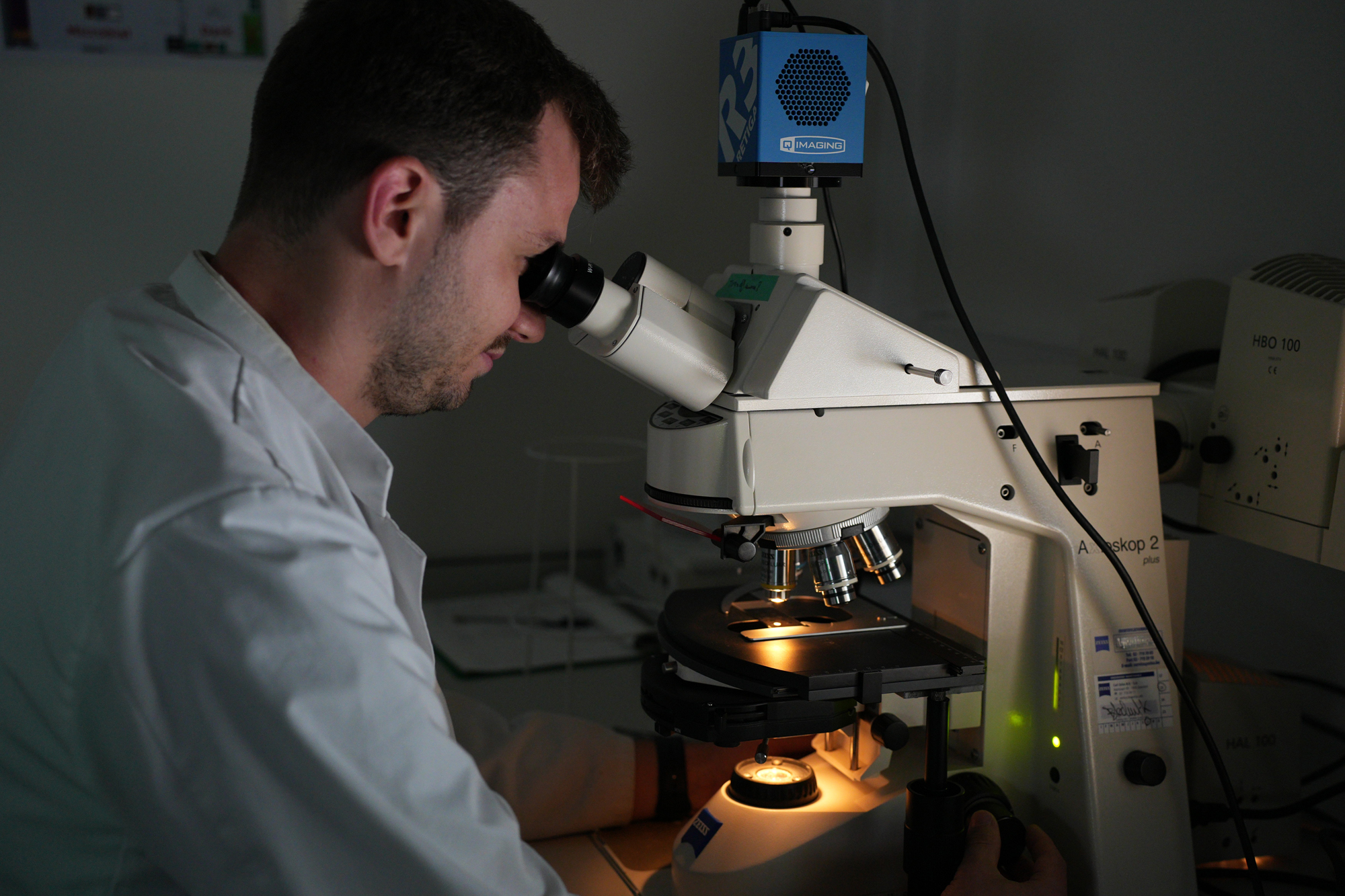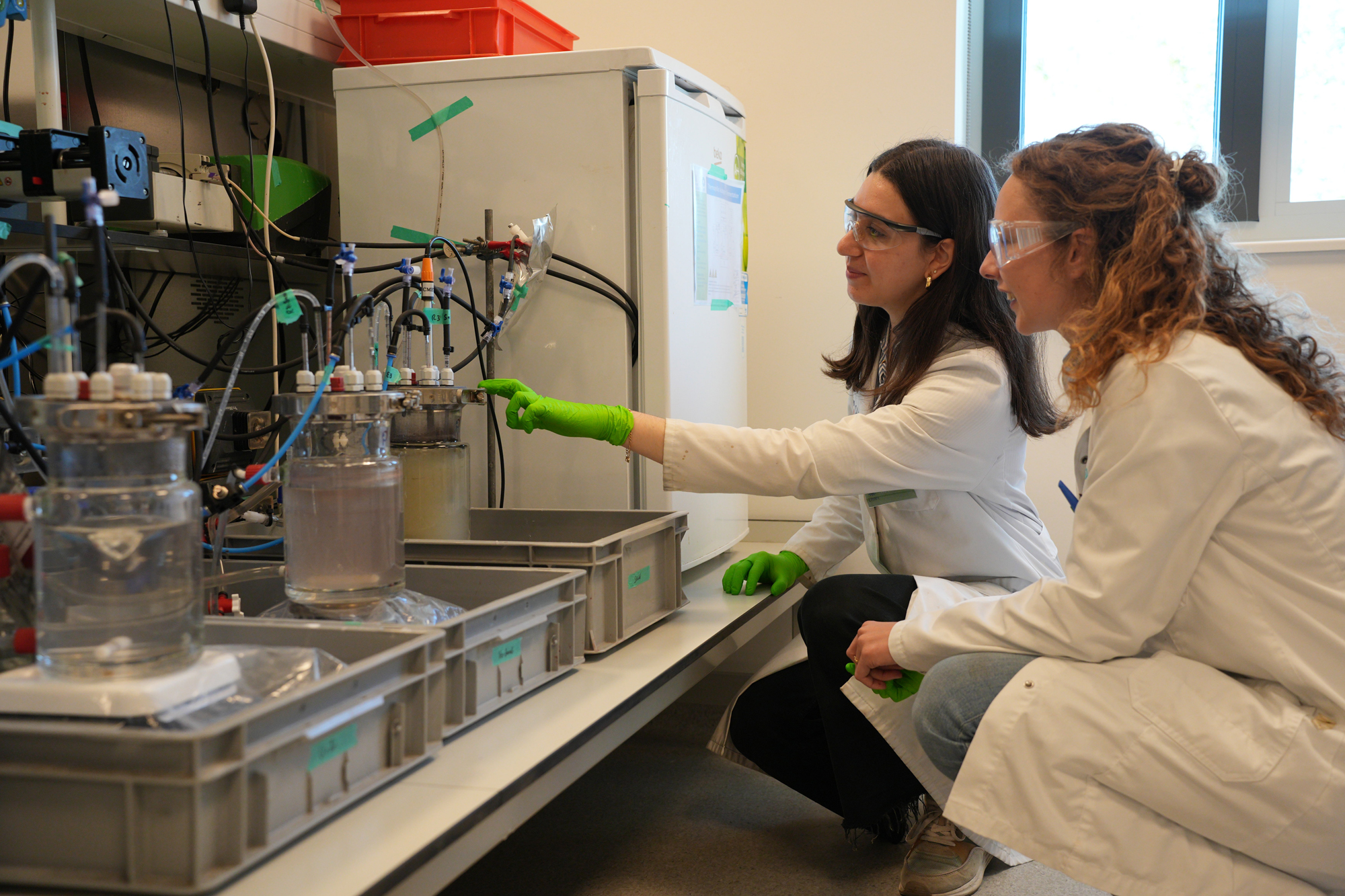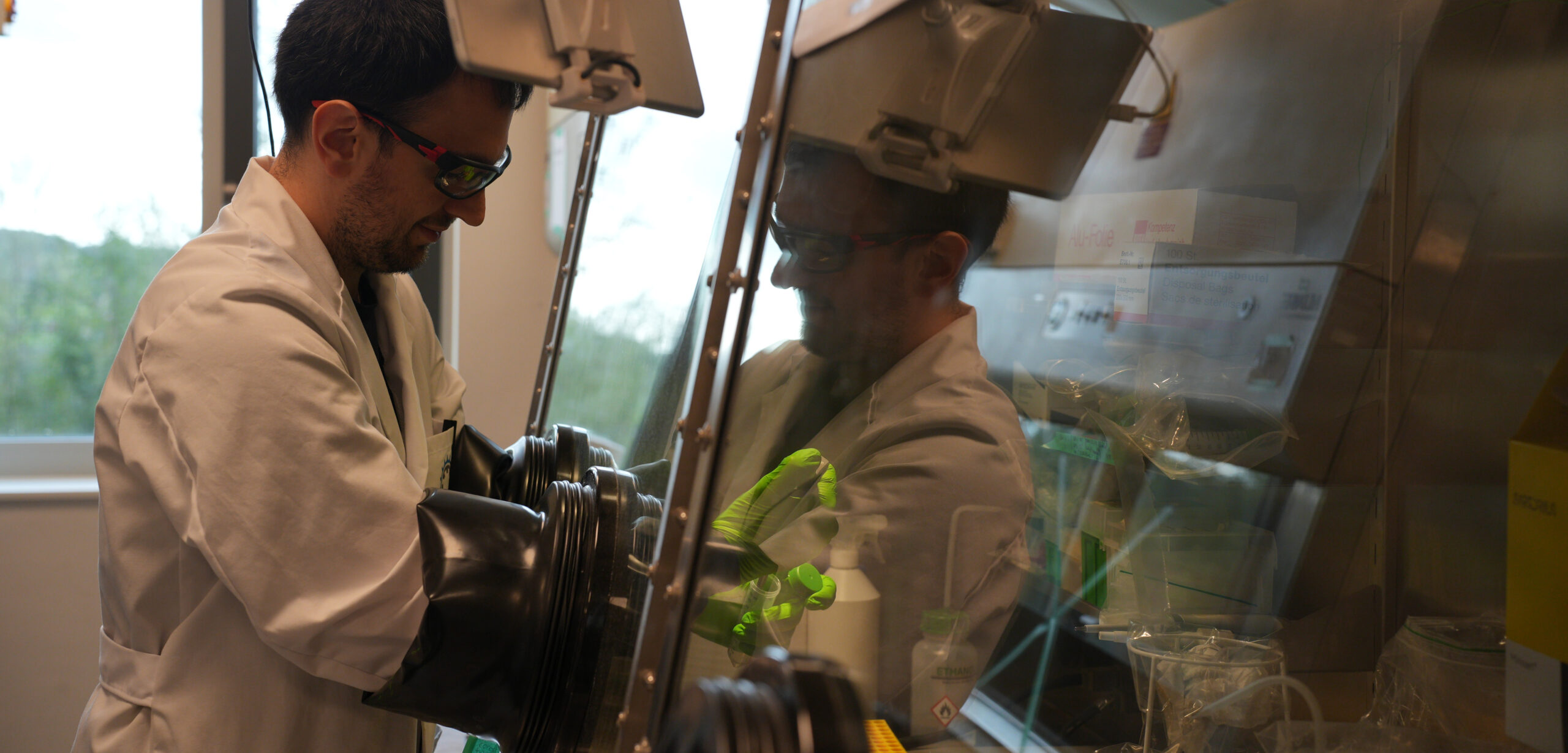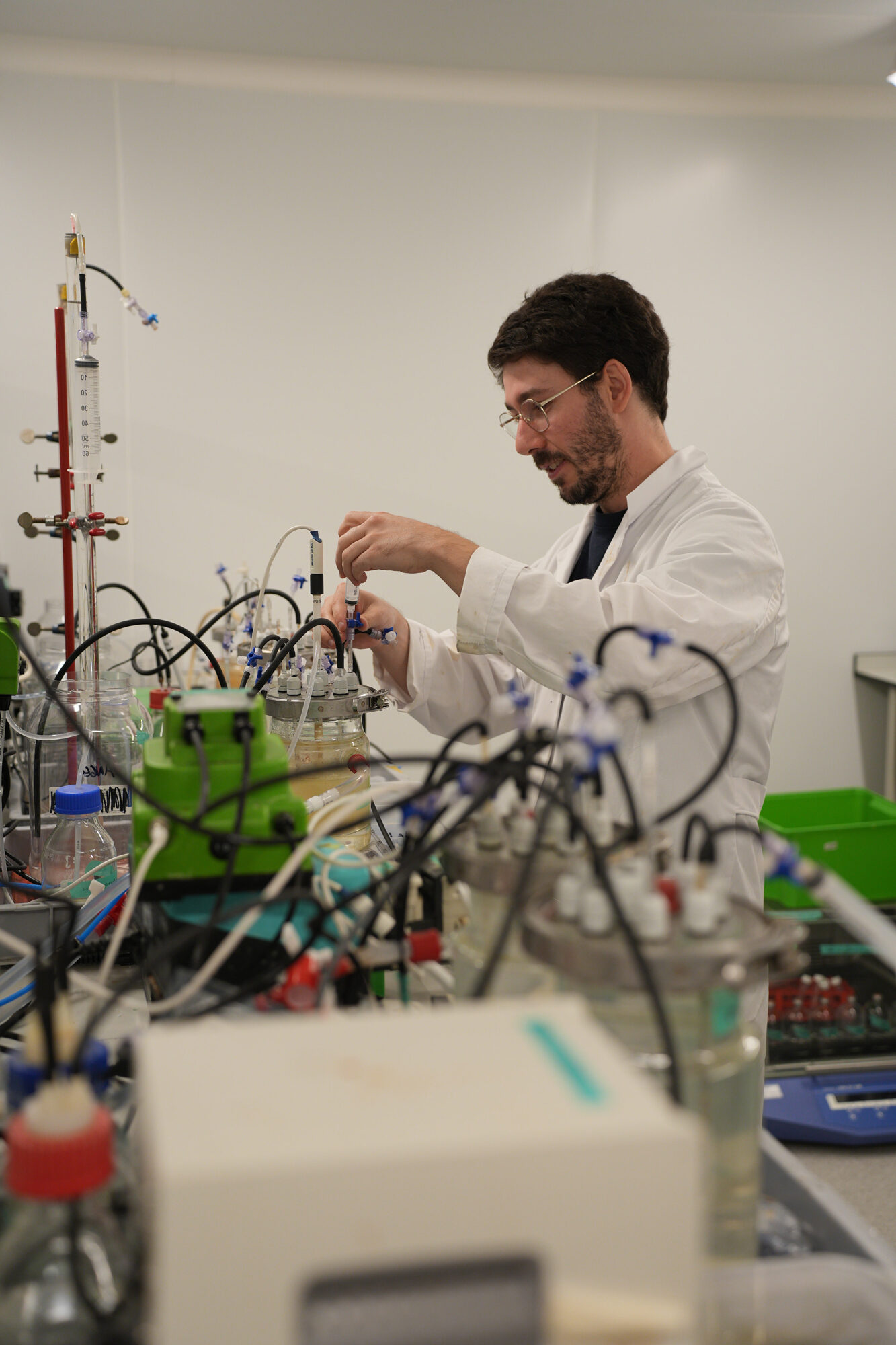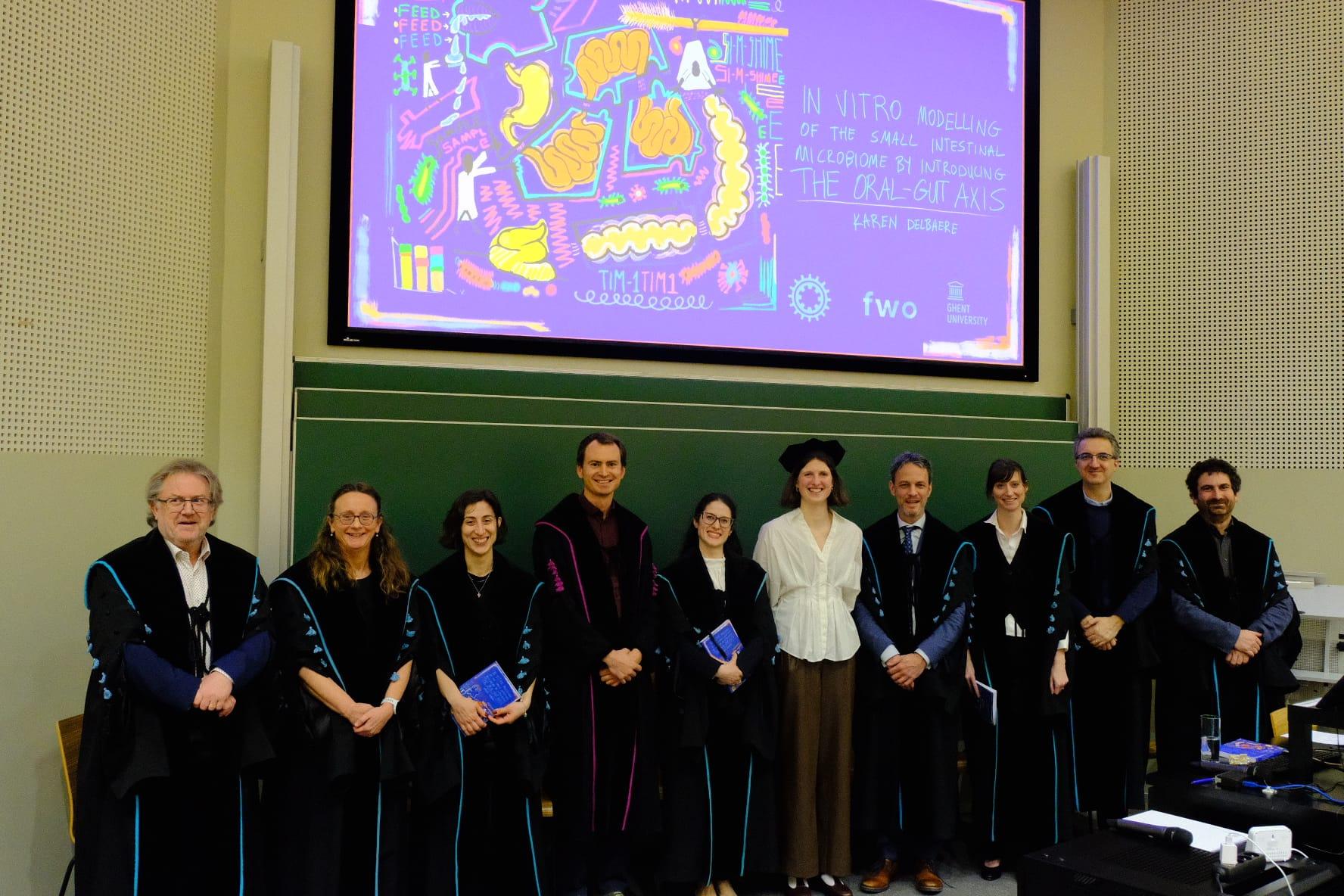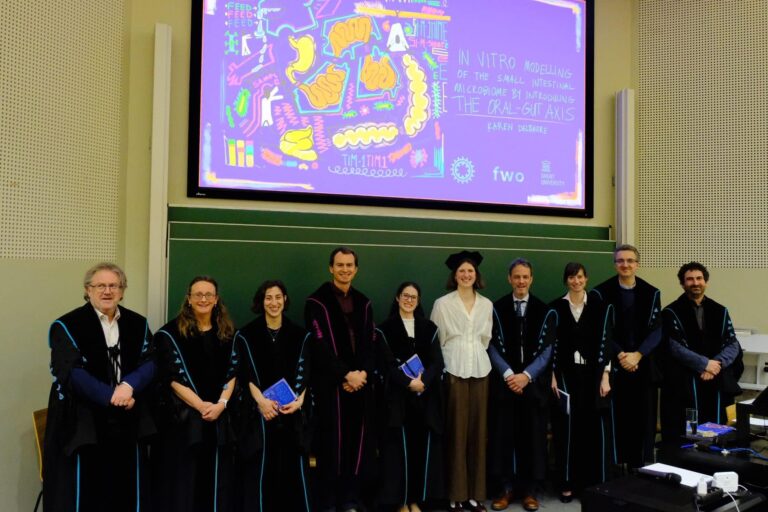The Center for Microbial Ecology and Technology (CMET) is a part of the Faculty of Bioscience Engineering at Ghent University. CMET is specialized in the study and application of mixed microbial cultures or communities. A microbial community consists of several populations, which each represent a functional biological entity and thus a diverse metabolic capacity. The assemblage of these biological entities represents -when properly organized- a powerful resource. CMET researchers focus on the optimal management of these microbial resources. We define it as Microbial Resource Management (MRM), enabling us to develop novel products and (technological) processes to improve our environment or human health in the most sustainable way.
Research domains
CMET focuses on areas like disease prevention, applied microbial ecology, host-microbe interactions, life support in space, microbial electrocatalysis, resource recovery, and water treatment.
-
4/02: Public defence of the doctoral dissertation of ir. Karen Delbaere
The title of the doctoral dissertation is “In vitro modelling of the small intestinal microbiome by introducing the oral-gut axis“ The public defense will take place on the 4th of February 2026 at 17:00 in auditorium Oehoe, at the faculty of bioscience engineering, Ghent University (Auditorium E1, building E, Coupure Links 653, 9000 Ghent). A […]
-
9/01: Public defence of the doctoral dissertation of ir. Wannes Nauwynck
The title of the doctoral dissertation is “Droplet microfluidics: a toolbox for microbial ecology” The public defense will take place on the 9th of January 2026 at 17:00 in auditorium Oehoe, at the faculty of bioscience engineering, Ghent University (Auditorium E1, building E, Coupure Links 653, 9000 Ghent). A short abstract of the doctoral research […]
Research Projects
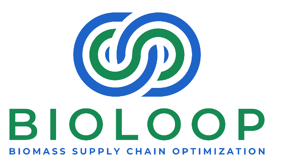
BIOLOOP
The BIOLOOP project aims to strengthen the connection between supply and demand, paving the way for high-value bio-based applications across a wide range of industries. By leveraging Flanders’ strategic position as a central logistics hub, the project seeks to position the region as a leader in the bioeconomy.

ManuREfinery
In ManuREfinery, we are producing caproic acid oil from grass, fertilized with recovered nutrients.
MICRO4BIOGAS
In MICRO4BIOGAS we characterize and select the best microbial strains and consortia to optimize biogas production
Our aim is to boost the biogas sector in Europe by increasing the yield, speed, quality and reproducibility of biogas production. For this purpose, we will develop highly efficient microbial consortia based on strains that naturally inhabit anaerobic digesters. With our novel approach we hope to consolidate this renewable energy as an environmentally, politically, and economically viable option.
Agriloop
In Agriloop, we convert agricultural residues into selected mixtures of carboxylic acids. Our research integrates fundamental understanding of anaerobic fermentations with bioprocess optimization.
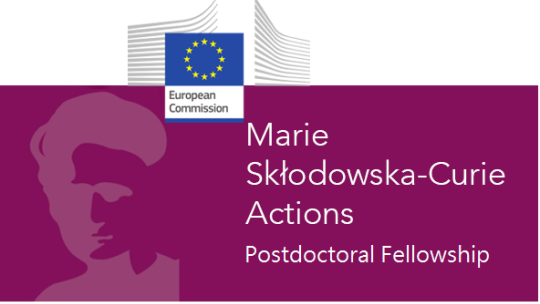
Waste2Ethanol
In Waste2Ethanol, we study the metabolic interactions between yeasts and lactic acid bacteria to develop a mixed culture bioprocess to produce ethanol from food waste.
